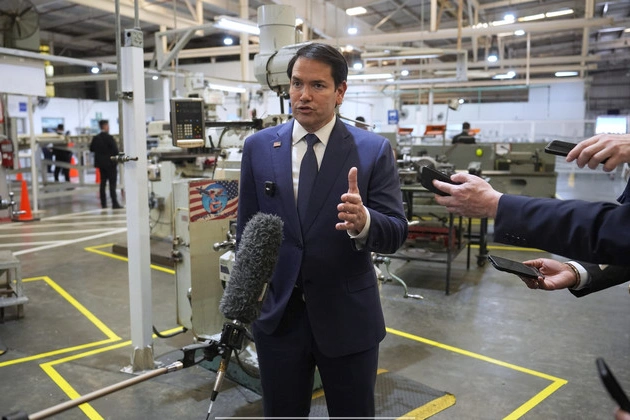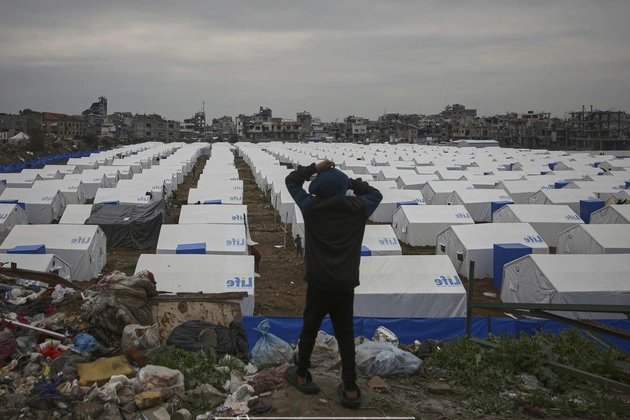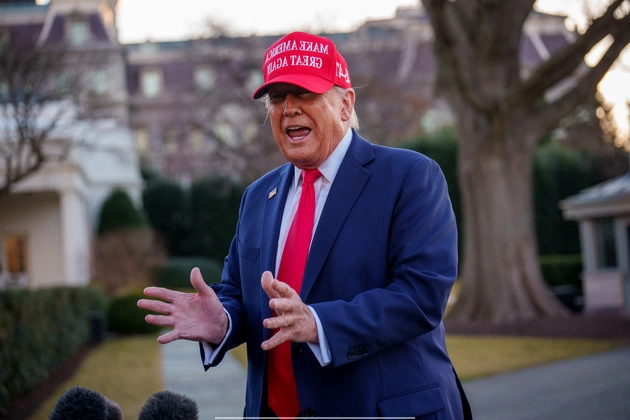
The Trump administration’s recent moves
The Trump administration has taken significant steps to reshape the U.S. Agency for International Development (USAID) and diminish its operational independence. Secretary of State Marco Rubio’s appointment as the acting administrator of USAID marks a pivotal moment in this ongoing transformation.
Rubio’s vision for USAID
While Rubio has clarified that the objective is not to dismantle USAID entirely, he has criticized the agency for not aligning with U.S. national interests and viewing itself primarily as a global charity. This shift in leadership signals a strategic review of USAID’s foreign assistance activities to enhance their relevance and effectiveness.
Reorganization efforts
The State Department’s announcement of Rubio’s interim role also included plans for a comprehensive review of USAID’s operations with a potential focus on reorganization. Peter Marocco, entrusted with the responsibilities of deputy administrator, heads the examination of USAID’s activities to streamline and optimize its functions.
Challenges and controversies
The recent developments at USAID, such as the closure of its headquarters and disruptions in security communications, have stirred debates and raised concerns. Elon Musk’s involvement in freezing security protocols for overseas USAID personnel has triggered a wave of scrutiny and criticism.
Political responses and implications
President Donald Trump’s endorsement of Musk’s actions and his remarks on potentially circumventing legal processes to address alleged misconduct within USAID have sparked a constitutional debate. Democrats have condemned these measures as unconstitutional, emphasizing the critical role USAID plays in advancing U.S. national security objectives and humanitarian aid efforts.
The road ahead
As discussions intensify regarding the future of USAID and the implications of restructuring the agency, bipartisan tensions and advocacy efforts are on the rise. Congressional Democrats are mobilizing to safeguard USAID’s autonomy, highlighting the strategic importance of maintaining a robust and independent aid agency amidst geopolitical challenges.
For more insights and updates on the evolving situation at USAID, follow our coverage for in-depth analysis and expert perspectives.















